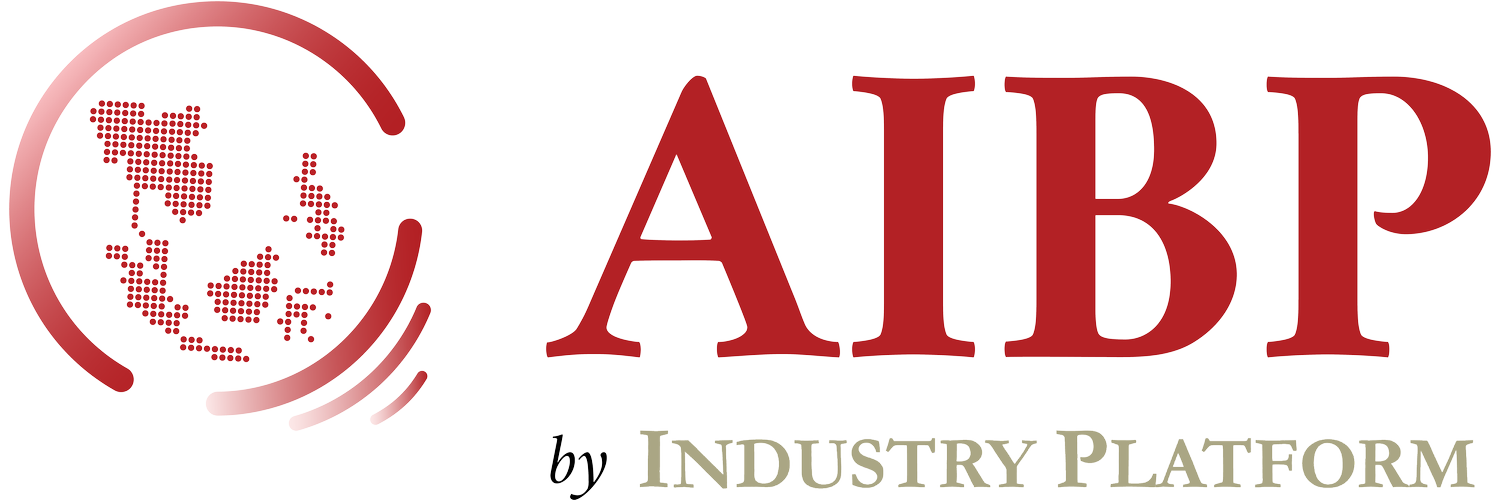Silver Linings in Turbulent Trade: Strategies for ASEAN’s Digital Economy
Recent months have seen rising global trade tensions, especially driven by the United States' new tariff regime. For Southeast Asia, deeply integrated with global markets, this situation creates both challenges and opportunities.
During a recent ASEAN Innovation Business Platform (AIBP) online focus group discussion, public sector leaders from Indonesia, Malaysia, the Philippines, and Thailand shared their insights and strategic responses to these developments. We extend our sincere gratitude to our regional stakeholders for their valuable contributions.
- Dr. Supakorn Siddhichai, Senior Vice President, Digital Economy Promotion Agency (depa) - Thailand
- Emmy Lou V. Delfin, Director IV of the ICT Industry Development Bureau, Department of Information and Communication Technology (DICT) - Philippines
- Sonny Hendra Sudaryana, Director of Ecosystem Development, Ministry of Communication and Digital Affairs (KOMDIGI) - Indonesia
- Wan Murdani Bin Wan Mohamad, Head / Vice President, Digital Industry Acceleration, Malaysia Digital Economy Corporation (MDEC)
Key insights from the discussion include strategies for regional integration, targeted digitalisation, local technology initiatives, and the development of startup ecosystems across ASEAN.
Regional Integration: Turning Crisis into Catalyst
The consensus view is that while current trade disruptions pose challenges, they also offer opportunities to accelerate regional integration within ASEAN.
Existing initiatives, such as the Johor-Singapore Special Economic Zone, illustrate practical examples of bilateral cooperation that can be scaled regionally.
As Malaysia assumes the ASEAN chairmanship in 2025, there is increased emphasis on enhancing intra-regional trade through harmonised digital trade policies and smoother cross-border e-commerce.
Broader regional frameworks, including the ASEAN Digital Economy Framework Agreement (DEFA) and the Regional Comprehensive Economic Partnership (RCEP), further support this integration by reducing barriers, streamlining trade processes, and building a more resilient regional economy.
Sectoral Digitalisation: Strategic Priorities in Action
While ASEAN has shared goals for digital advancement, countries strategically target sectors aligned with their economic strengths:
Malaysia focuses on financial services, agriculture, and smart cities, specifically attracting cloud computing and artificial intelligence investments to modernise traditional sectors and enhance productivity.
The Philippines continues to build on its strengths in the BPO sector, digitalising SMEs and actively encouraging digital nomad programs to diversify economic opportunities.
Indonesia looks to leverage its large domestic market to reduce external reliance, prioritising downstream industries, renewable energy, healthcare, and education, emphasising economic resilience.
Thailand prioritises simplifying digital trade and strengthening support for technology startups, SMEs, and cross-border transactions to boost its digital competitiveness.
Technology Localisation: Balancing Global Reliance with Home-Grown Innovation
Reliance on international tech giants, particularly from the US, remains significant, yet panellists emphasised growing efforts to localise technology.
Indonesia’s KOMDIGI has been proactive in developing local infrastructure and prioritising local tech solutions and partnerships beyond traditional Western providers.
Thailand’s DEPA highlighted that while large corporations continue to use global platforms, there is an increasing openness towards local and regional alternatives, especially open-source AI.
Malaysia adopts a strategic stance on foreign tech investment, with clear requirements that such investments actively develop local digital talent and technology capabilities, ensuring sustained domestic benefits.
Fostering Startups through Cross-Border Collaboration
Panellists stressed that strong, interconnected startup ecosystems are essential to realising ASEAN’s digital economy goals.
The Philippines' DICT has created favourable policies for startups, including startup visas, and uses events such as "Geeks on the Beach" to foster international connections. Similarly, Indonesia’s KOMDIGI launched Global Landing Pads in Jakarta, Jogjakarta, and Surabaya to assist foreign startups in understanding and entering the local market, while connecting them with local enterprises.
Malaysia’s CONNECT program, run by MDEC, also facilitates ASEAN startups' market entry and regional growth. Panellists recognised, however, that cultural and regulatory fragmentation remains a challenge, emphasising the need for clearer, harmonised policies across ASEAN.
Building Digital Resilience through Regional Cooperation
ASEAN’s response to global disruptions increasingly focuses on proactive regional integration, targeted sectoral digitalisation, localisation of technological capabilities, and the support of vibrant startup ecosystems.
Ultimately, ASEAN’s resilience will hinge not solely on its reactions to external challenges, but on its collective ability to foster innovation, strengthen internal capabilities, and deepen regional cooperation.
In these turbulent times, ASEAN’s strategic commitment to digital collaboration and self-sufficiency presents significant opportunities, offering meaningful "silver linings" for the region’s future.

